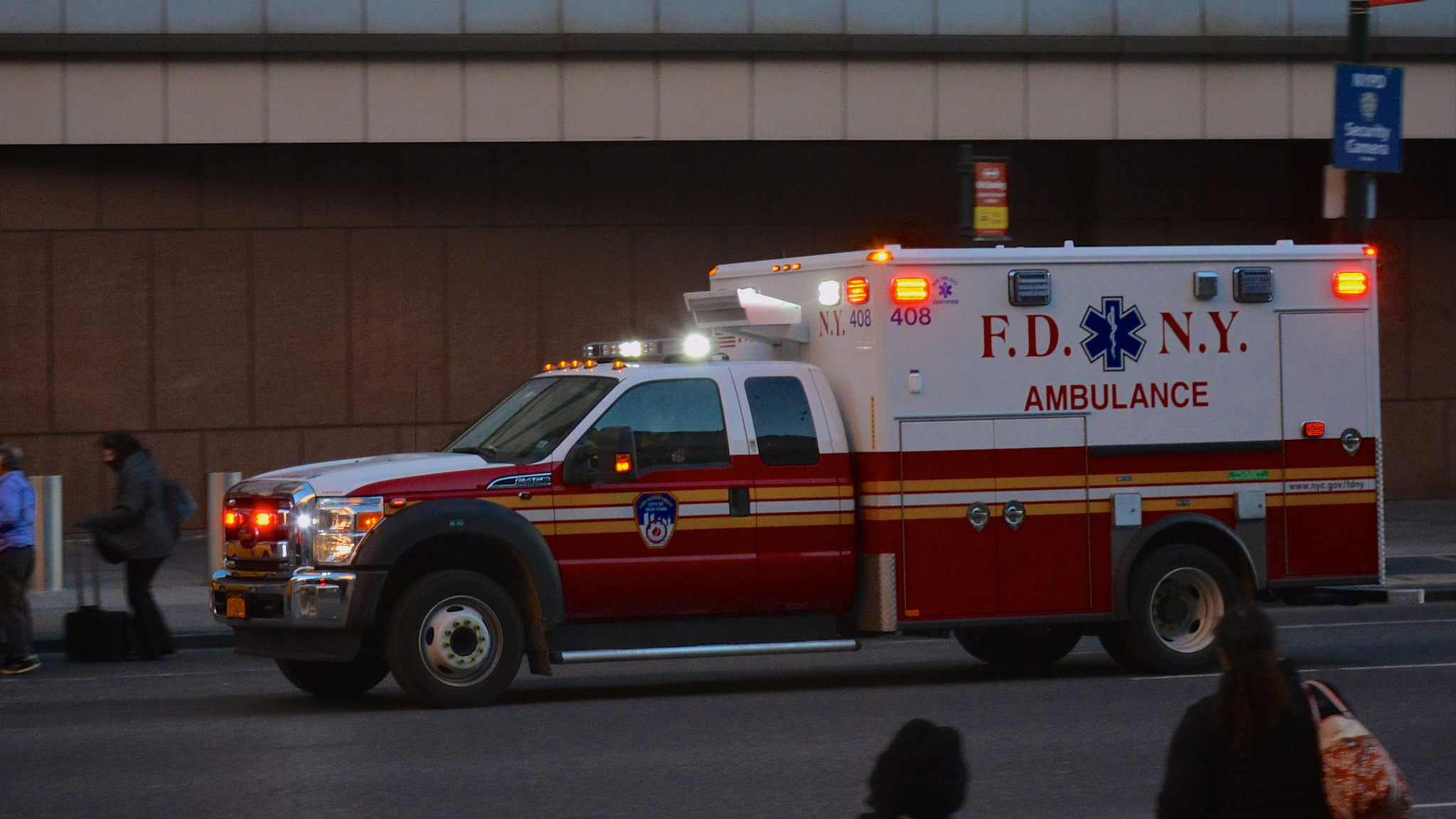Tech entrepreneur Minqi Jiang has a theory: in New York City, ambulances take too long to get to the scene. 9-1-1 calls run a relay, from call center to dispatcher to ambulance crew, and this inefficient chain costs lives. The median response time is 6.1 minutes, according to an Independent Budget Office study, but in many areas, including northern Manhattan and southern Brooklyn, response time is north of 10 minutes distressingly often.
Uber, the taxi service known equally for its ruthless efficiency and shady business tactics, has a median response time of 2.42 minutes in Manhattan and 3.1 minutes in the boroughs. Thus, according to Jiang, Uber drivers — who can be on the scene faster than any ambulance — should be trained in CPR and carry and know how to use a defibrillator.
Jiang writes:
In such emergency medical episodes, every second counts. An Uber can now arrive on the scene several times faster than an ambulance. Even before the dispatch, Uber’s minimal, push-of-a-button interface also requires much less time and effort to request a vehicle than the alternative of dialing 911, waiting for an operator, and explaining the situation to the operator. This presents a major opportunity for Uber to advance the delivery of emergency healthcare.
Jiang has an insider’s faith in the tech industry’s ability to solve social problems, and looks to Uber to take responsibility for saving lives. Uber will probably never do this, of course, because Uber doesn’t give a shit about anybody. Jiang doesn’t write, strangely, that emergency medical services should be more like Uber. If the phone-tree of dispatching is the problem, why not do away with that and make an Uber for ambulances? The FDNY could build an Uber-imitating app and ambulances could be outfitted with a phone so drivers be summoned with the push of a button.
The solution is not to make Uber into an ambulance company. The solution is to improve city services using lessons learned from private enterprise. Technology should be provided to emergency service workers to help them do their jobs better. A tech company should not be responsible for providing emergency service. Could you imagine the surge pricing you’d be charged to be defibrillated by an Uber driver? Leave treatment to the professionals, and let Uber drivers drive.
(Photo: cisc1970)



